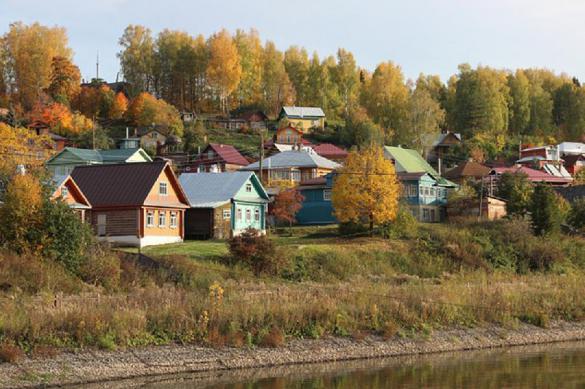Tourism is to undergo major transformations after the crisis associated with the coronavirus pandemic.

Against the backdrop of the pandemic, many countries of the world, including EU states, have introduced large-scale restrictions on social and economic life, including restrictions on trade. Cafes and restaurants were closed, borders were closed as well, but some day they will reopen. The tourist industry will start a new life when it happens, and it will be a whole new life. Tourism is not going to be the way it was.
Mass tourist destinations are not going to reopen soon. This will be a gradual process, depending on successes in the fight against the coronavirus of each individual country.
The countries whose GDP directly depends on summer beach tourism will be the first to declare their "openness" to the maximum. For example, Egypt, Turkey, Greece, Italy will try to do this as soon as possible. In Egypt, the tourism sector accounts for up to 15% of the country's gross domestic product (GDP). Due to its closure as a result of the coronavirus pandemic, the country is losing at least $1 billion a month.
Beach tourism will have to be forgotten
Starting from May 3, Egyptian hotels will be allowed to accept domestic tourists, albeit under a number of conditions. For example, hotels should be booked only to a quarter of their capacity. To resume work, hotels must have a clinic with a resident doctor, checking body temperature of tourists and staff, and installing disinfection equipment will be mandatory. Hotels are required to provide part of the premises for quarantine zones for Covid-positive patients or for those potentially infected with coronavirus.
The EU will open its before only when the pandemic in all countries enters the calm phase. Germany, for example, has extended restrictions on inbound tourism until mid-June.
It goes without saying that the travel industry will suffer from coronavirus more than other industries. It will extricate from the crisis later than others too
Hotels will introduce new restrictions, refuse from buffets and public events. Sun loungers on beaches will most likely be screened off by protective fences and it will not be allowed to move them. All the pools will most likely remain closed. Blood tests and disinfection hours will be mandatory at hotels as well.
The complete list of restrictive measures for tourists is not known yet. Representatives of the tourist industry and governments have just begun to develop them.
Immune passports for tourists
Many airports in the world have already introduced new flight rules. The rules of social distancing are becoming a new standard. Sanitizers, electronic kiosks for self-registration are already being installed in many airports across the world to avoid queues and reduce the interaction of people with each other. Passenger traffic will be evenly distributed between terminals.
Travelers may have to obtain "immune passports." In particular, such documents are planned to be issued in Russia.
It remains unclear how passengers are going to be seated on board airplanes, though. Social distancing rules will automatically cut the number of passenger seats, which means an automatic increase in ticket prices. But it is already clear that wearing masks will be a prerequisite for flights.
In the future, the majority of people will most likely be spending their vacations at home.
Traveling such a huge country as Russia can provide impressions for years to come. In addition to domestic tourism, the pandemic will revive the traditional “summer vacation” for Russians, when people spend summer living in their summer cottages (dachas) and working in their gardens.
No comments :
Post a Comment